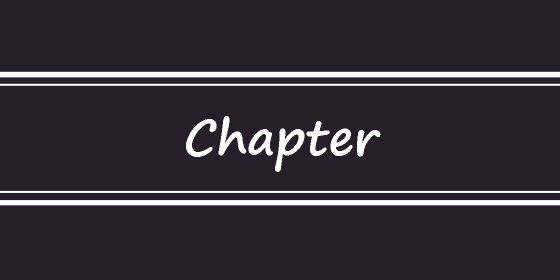Chapter

In the context of the Spotify Model, a Chapter is a group of individuals within a Tribe who share similar skills, expertise, or roles. Chapters serve as communities of practice, bringing together employees with common interests and skill sets to collaborate, share knowledge, and support each other’s professional development.
Key characteristics of a Chapter in the Spotify Model include:
- Common Skills or Roles: A Chapter is formed around specific skills, roles, or areas of expertise that are relevant to the organization’s goals and product development.
- Cross-Tribe Collaboration: While Chapters are based on common skills, they are not limited to a single Squad or Tribe. Members of a Chapter can be distributed across different Squads and Tribes, allowing for cross-team collaboration and knowledge sharing.
- Learning and Skill Development: Chapters provide a platform for continuous learning and skill development. Members share best practices, exchange ideas, and collaborate on improving their professional skills.
- Mentorship and Support: Chapters often have senior members who act as mentors and provide guidance to junior or less experienced colleagues.
- Career Progression: Chapters can support career growth and progression within the organization by defining clear paths for skill development and advancement.
- Alignment with Guilds: While Chapters are specific to a Tribe, individuals may also participate in broader communities of interest called Guilds, which are cross-Tribe groups focused on particular topics or skills.
The Spotify Model, also known as the Agile Scaling Model used by Spotify, is a framework for scaling agile practices in large organizations. Chapters, along with Squads, Tribes, and Guilds, are key elements of the model that aim to promote collaboration, autonomy, and continuous learning within the organization.
It’s important to note that while the Spotify Model is well-known, it is just one of many approaches to scaling agile practices, and organizations may adapt and customize its concepts based on their specific needs and context. The term “Chapter” as described here is specific to the Spotify Model and may not be used in the same way in other agile frameworks or methodologies. Different organizations may have their own team structures and terminology to suit their unique requirements.